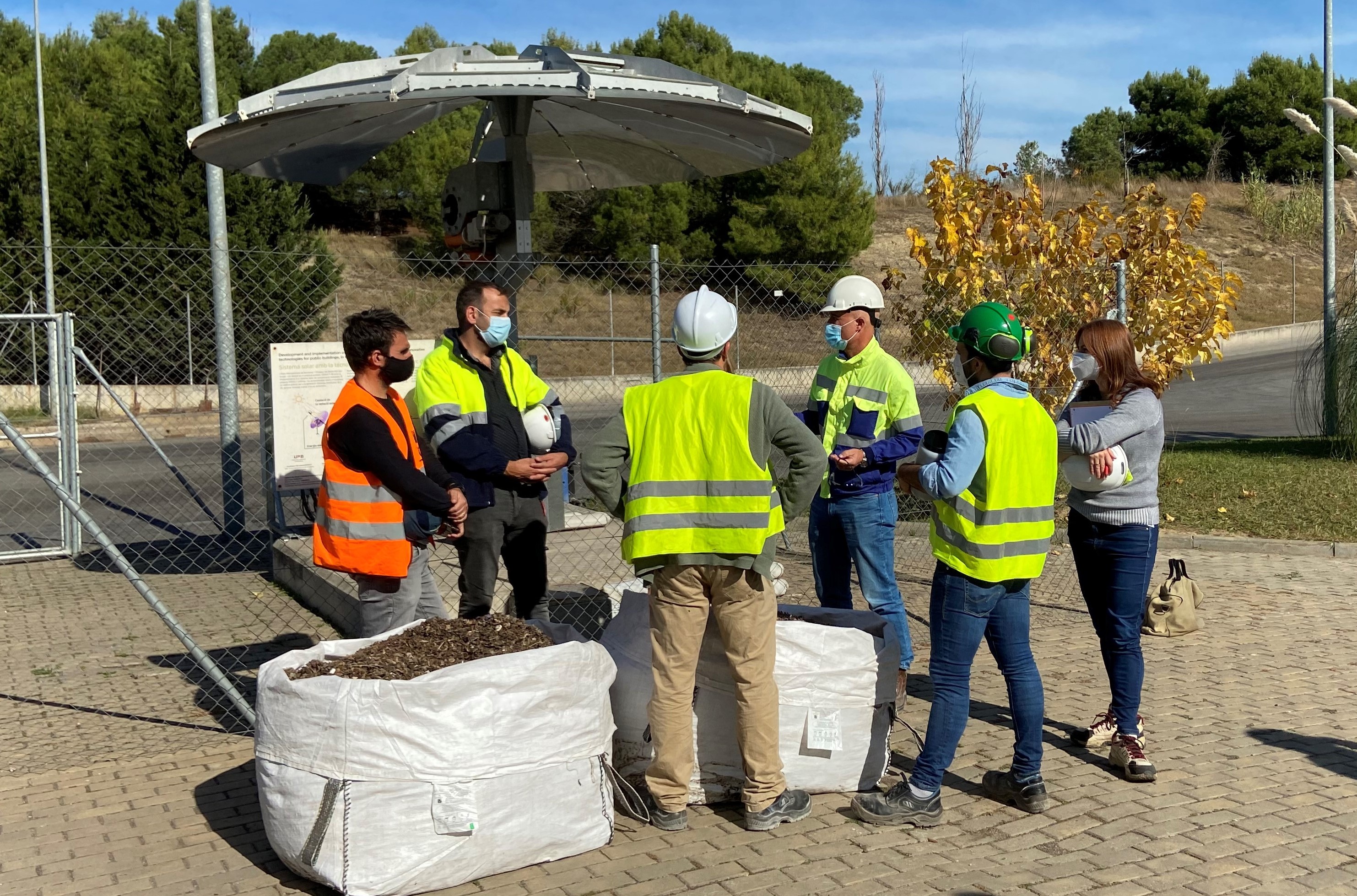The cement factories are conducting preliminary analyzes to assess the feasibility of carrying out industrial tests on the possible future material and energy recovery of the organic rejection fraction from the remaining fraction that reaches Ecoparcs (Residual Organic Matter) biosecrated. The project is part of the set of environmental policies of the cement industry and the Catalan administration, which seek both a constant reduction in the use of natural resources and fossil fuels and contribute to solving the social problem of waste management.
MOR is the product that remains after separating the recyclable components from the rejection of the remaining fraction of urban waste. This waste could be re-introduced into the kilns of cement factories, thus achieving a double material and energy reuse and expanding the sector’s commitment to the circular economy. And, incidentally, also avoiding that the product is destined for incineration or landfill with the consequent impact on the environment.
During a visit on October 29 at the facilities of Ecoparc 2, located in Montcada i Reixac, a delegation from Ciment Català and technicians from associated companies were able to see the material, which for this new application has been varied to have a lower degree of humidity and a higher percentage of organic matter. Both objectives can be achieved without great difficulties by reducing the biological degradation process of the biosecured material. During the working session, in which representatives of the Vallès Occidental Waste Consortium, the Barcelona Metropolitan Area, the Maresme Waste Consortium and the Waste Agency of Catalonia also participated, it was agreed to carry out laboratory analyzes to check preliminarily the suitability of the bio-dried material as raw material and also as fuel in cement plants.

